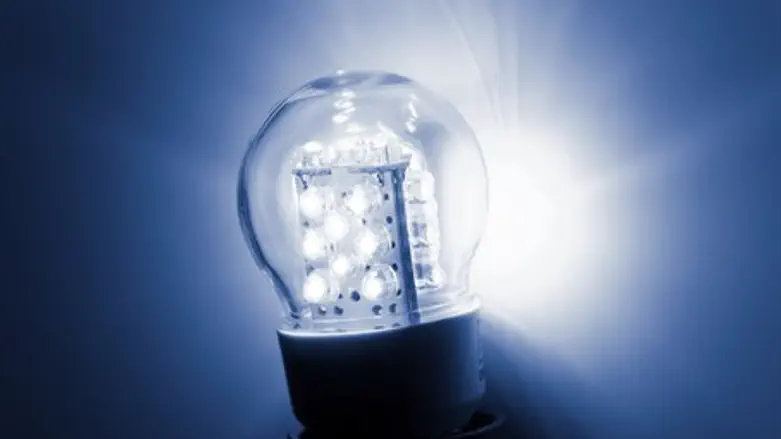
Japanese professors Isamu Akasaki, Hiroshi Amano and Shuji Nakamura were announced by the Nobel Prize committee in Sweden as the 2014 winners of the physics prize, for their invention of blue light emitting diodes (LEDs).
Nakamura of the University of California, Santa Barbara, told the conference by phone "it's unbelievable." Akasaki hails from Meijo University and is also affiliated with Nagoya University, as is Amano.
The three will split the prize money, which amounts to eight million Swedish kronor ($1.2 million).
LED lights have revolutionized the lighting industry, providing light that lasts longer and uses electricity more efficiently than regular light bulbs and fluorescent lamps, many of which contain potentially dangerous mercury.
The invention holds "great promise for increasing the quality of life for over 1.5 billion people around the world who lack access to electricity grids," stated the Nobel committee, noting the professors "triggered a fundamental transformation of lighting technology."
The lights are also used in many smart phone screens, along with numerous other applications common in modern life.
"These uses are what would make Alfred Nobel very happy," said Prof. Olle Inganas, a member of the committee from Linkoping University.
Speaking about the extraordinary manner in which the invention was made, committee chair Prof. Per Delsing of Chalmers University of Technology in Gothenburg said "what's fascinating is that a lot of big companies really tried to do this and they failed."
"But these guys persisted and they tried and tried again - and eventually they actually succeeded," noted Delsing.
Following the physics prize, the Nobel prizes in chemistry, literature and economic sciences will be announced later this week. So too will the Nobel Peace Prize, a prize most infamously given to former Palestinian Authority (PA) Chairman and widely recognized terrorist Yasser Arafat.